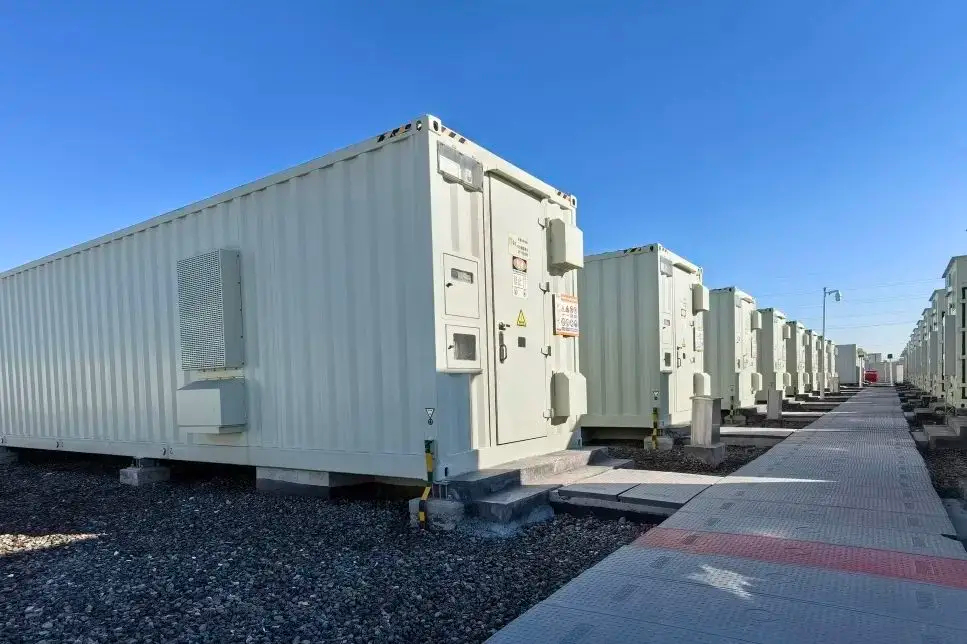
Feb . 28, 2024 15:39 volver a la lista
European installations are expected to accelerate
As the penetration of variable renewable energy sources increases, the need for flexible resources on the grid is also rising. The International Energy Agency (IEA) has analyzed power grid load curves, renewable energy generation, and other factors in countries like Denmark, Germany, Ireland, Spain, the United Kingdom, and Italy. While these countries have achieved over 15% renewable energy generation, the impact on system operations varies due to differences in grid characteristics and flexibility resources. Traditional flexible resources such as thermal power, gas-fired generation, and pumped storage stations have been crucial. However, in the future, battery energy storage, hydrogen energy, demand-side response, and grid transmission channels will play a significant role as flexible resources, with IEA predicting that by 2050, 30% of power flexibility will be provided by battery storage.
Current flexible power supply in the European market is largely contributed by natural gas peaking units, along with hydropower and nuclear power in some regions. In recent years, Europe has faced challenges with tight flexible resources due to factors like rising fuel and carbon prices and maintenance of nuclear units, causing a rapid increase in electricity prices. To address these issues and accelerate the deployment of large-scale storage, the European Union introduced reforms in the electricity market. The reforms aim to enhance liquidity and reliability, encourage renewable energy generators to enter long-term power purchase contracts, and promote non-fossil fuel flexibility resources like energy storage and demand-side response.
The focus of the reforms is to reduce short-term price fluctuations and increase investments in renewable energy and storage through mechanisms like Capacity Markets and Contracts for Difference (CfDs). The European Parliament's approval of the REPowerEU amendment expedites the project approval process for renewable energy, including battery storage, which is expected to boost energy storage projects in Europe. Leading the European energy storage market is the UK, with installed capacity exceeding 1 GWh per year, mainly driven by ancillary services revenue. The revamped power market aims to strengthen grid resilience and support energy storage development, projecting an annual installed capacity of 3-5 GWh in the upcoming years.

In terms of energy storage capacity in Europe, the UK holds the highest share, with Italy expected to see a surge in demand. European Energy Storage Association (EASE) forecasts 4.5GW of newly installed energy storage capacity in 2022, with front-meter and household storage accounting for significant portions. The UK leads in large storage market share, followed by Ireland, Germany, and France. European energy storage projects primarily focus on revenue from frequency response services, with the UK, Ireland, Germany, France, Belgium, and the Netherlands contributing more than 80% of market revenue.
European energy storage projects are gradually shifting towards electricity price arbitrage and capacity markets as the frequency regulation market saturates. While Spain and Italy have a higher proportion of revenue from electricity price arbitrage, new projects face income risks. Countries like the UK, Italy, and Poland have implemented capacity market mechanisms to support energy storage projects. Italy is poised for explosive growth in installed capacity with plans to add 1.1GW/6.6GWh battery energy storage systems by 2024. The introduction of support policies in Greece, Germany, and Spain is expected to drive local installations of large storage capacity in the coming years.
The European Energy Storage Association projects continued growth in installed capacity, particularly in the UK, Italy, and Greece, driven by attractive market incentives. Italy's capacity market auction plans indicate significant growth possibilities, with upcoming auctions expected to boost the storage sector even further. Greece, Germany, and Spain also have supportive policies in place to promote local large storage investments. While grid connection limitations may affect short-term growth in Ireland, the region still holds growth potential in the energy storage sector. Overall, European countries are ramping up efforts to enhance grid flexibility and support the transition to renewable energy through efficient energy storage solutions.
Será eliminado si infringe
Sitio web de referencia:http://cnnes.cc
-
Wireless DC Charging: The Next Frontier in Contactless EV Power Delivery
NoticiasAug.04,2025
-
Hybrid BMS Energy Controls: Integrating Renewable Energy Sources
NoticiasAug.04,2025
-
Blockchain for Secure and Decentralized EMS Power Systems
NoticiasAug.04,2025
-
AI-Driven for Smart Grids: Energy Management System (EMS)
NoticiasAug.04,2025
-
Advanced Distribution Management System (ADMS) Energy
NoticiasAug.04,2025
-
5G-Enhanced BMS Energy Savings: Ultra-Low Latency Control
NoticiasAug.04,2025























